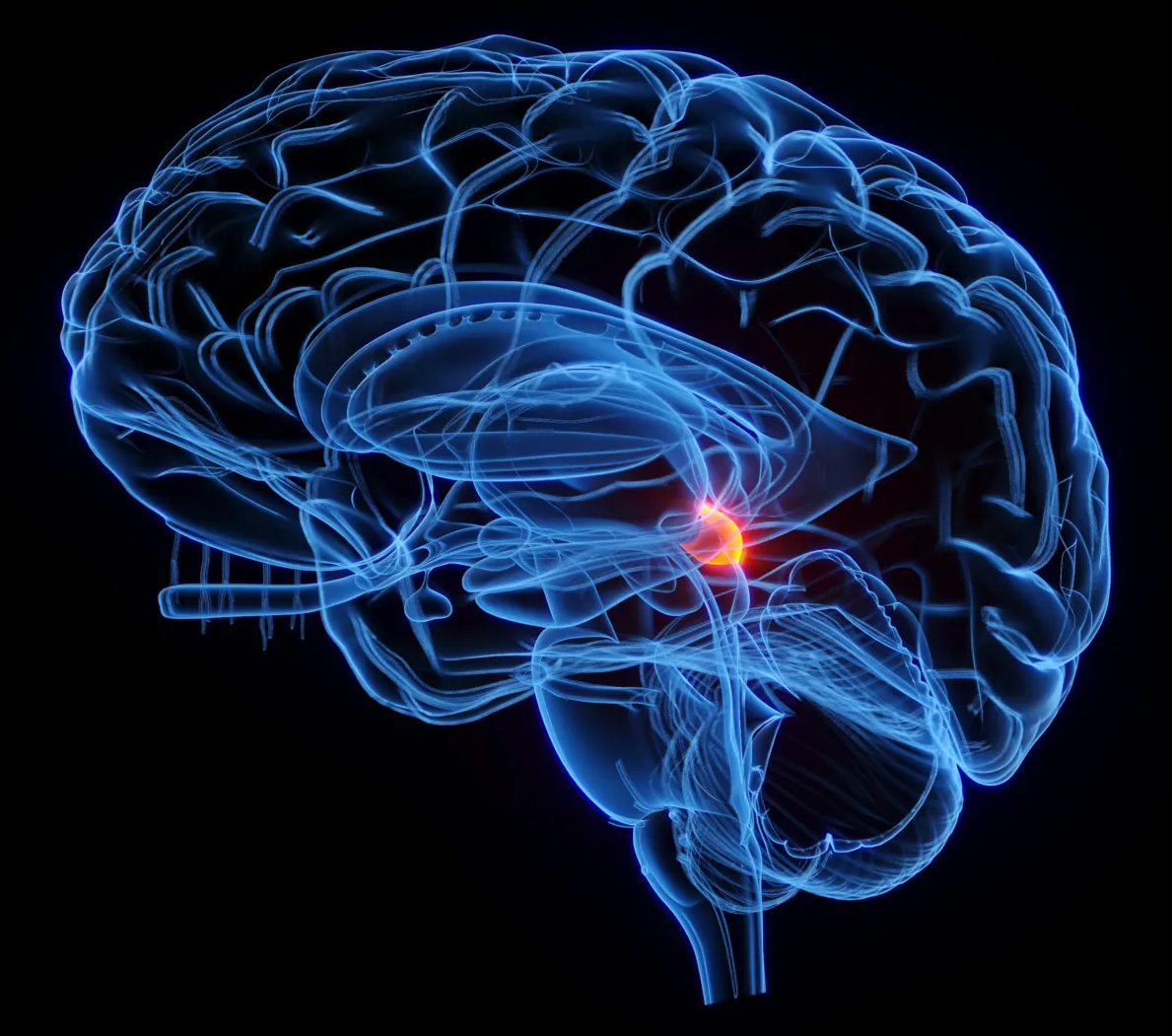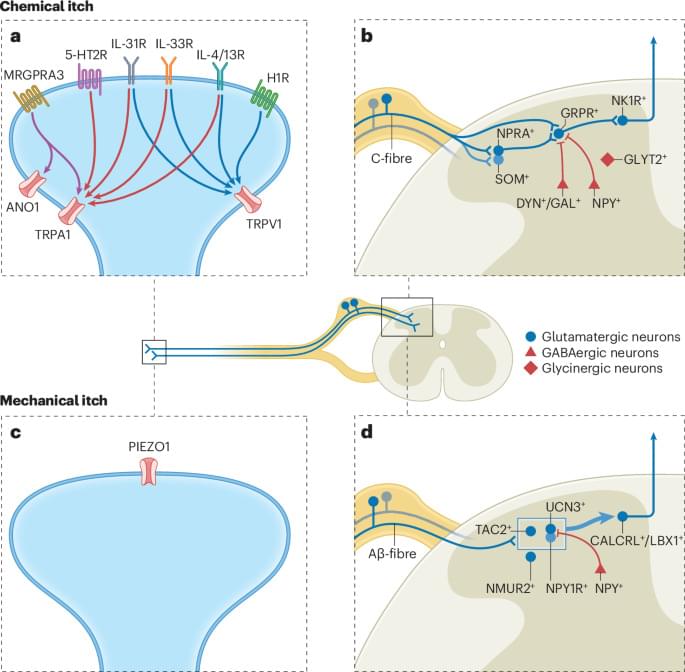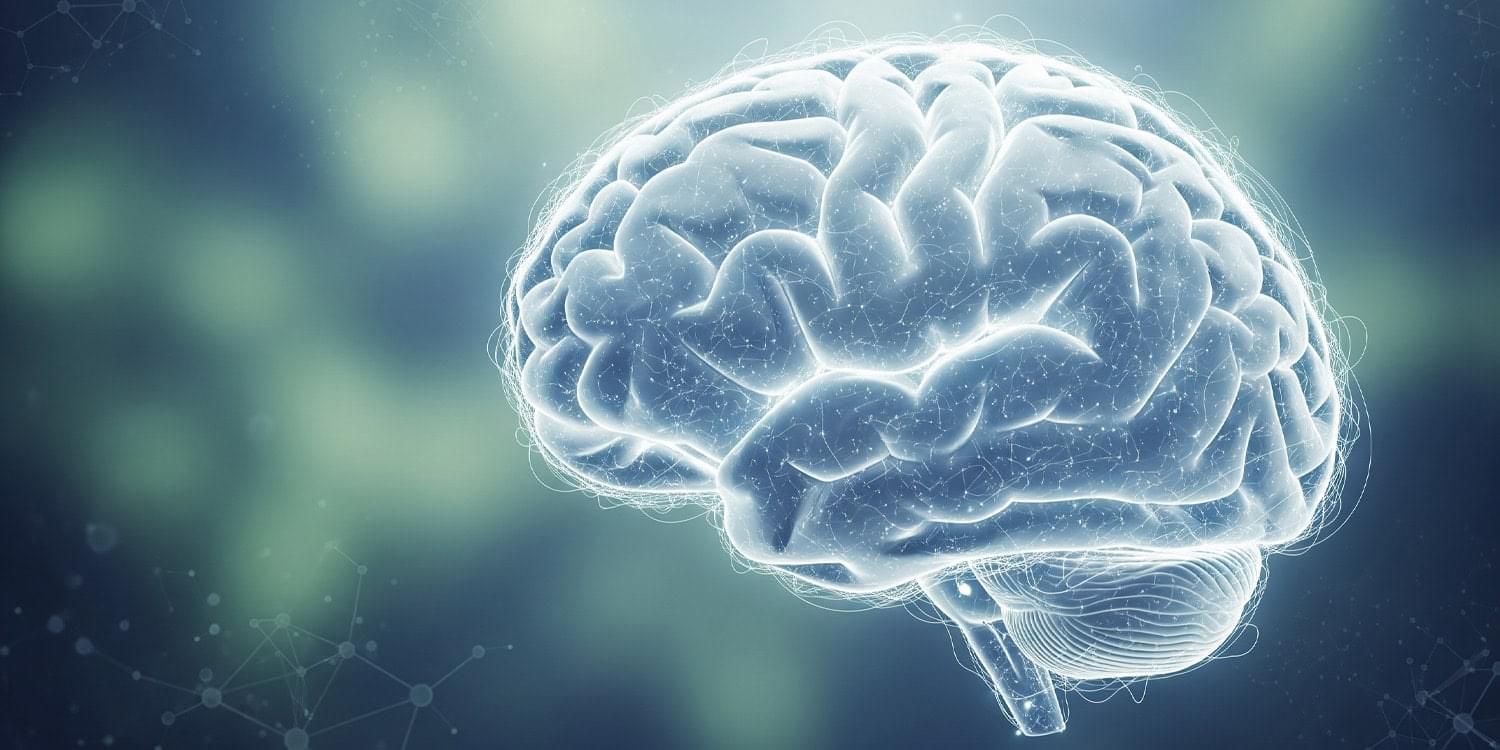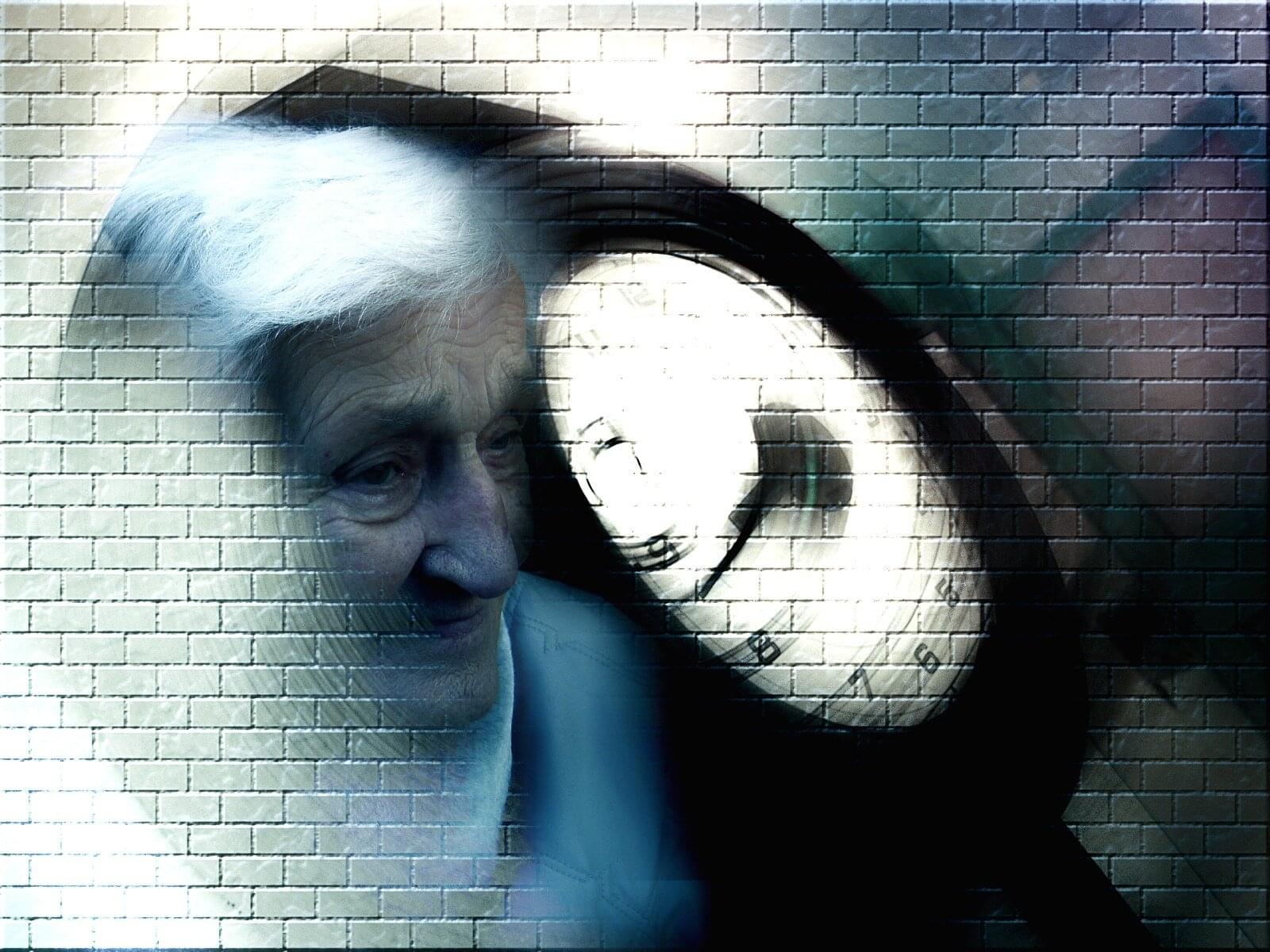This herculean effort could help scientists unravel the causes of neurodevelopmental disorders. In one study, led by Arnold Kriegstein at the University of California, San Francisco, scientists found brain stem cells that are potentially co-opted to form a deadly brain cancer in adulthood. Other studies shed light on imbalances between excitatory and inhibitory neurons—these ramp up or tone down brain activity, respectively—which could contribute to autism and schizophrenia.
“Many brain diseases begin during different stages of development, but until now we haven’t had a comprehensive roadmap for simply understanding healthy brain development,” said Kriegstein in a press release. “Our map highlights the genetic programs behind the growth of the human brain that go awry during specific forms of brain dysfunction.”
Over a century ago, the first neuroscientists used brain cell shapes to categorize their identities. BICAN collaborators have a much larger arsenal of tools to map the brain’s cells.








